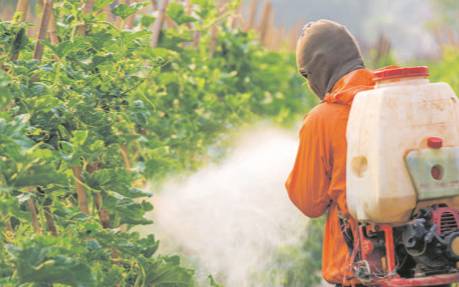
European agrochemical companies lead their Chinese counterparts in exporting to Kenya and selling through hundreds of thousands of rural-based agrochemical stores, extremely dangerous farm chemicals that have been banned in other parts of the world, exposing Kenyans to an increase in the risk of diseases like cancer.
The companies are cashing on Kenya’s weak and slow regulatory system plus high-level ignorance of many farmers who have less opportunity to know which chemical has been banned. The agrochemical manufacturers and sellers who are heavy spenders in rural media advertising, largely in vernacular radios, use their influence to block the airing of information such as that of banned agrochemicals as this may hurt their businesses.